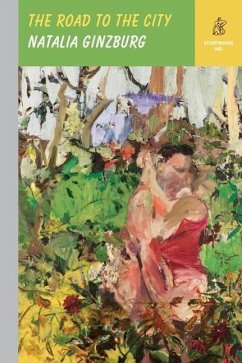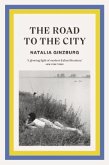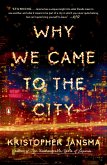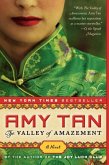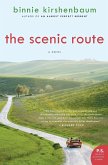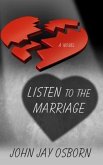An almost unbearably intimate novella, The Road to the City concentrates on a young woman barely awake to life, who fumbles through her days: she is fickle yet kind, greedy yet abashed, stupidly ambitious yet loving too-she is a mass of confusion. She's in a bleak space, lit with the hard clarity of a Pasolini film. Her family is no help: her father is largely absent; her mother is miserable; her sister's unhappily promiscuous; her brothers are in a separate masculine world. Only her cousin Nini seems to see her. She falls into disgrace and then "marries up," but without any joy, blind to what was beautiful right before her own eyes. The Road to the City was Ginzburg's very first work, originally published under a pseudonym. "I think it might be her best book," her translator Gini Alhadeff remarked: "And apparently she thought so, too, at the end of her life, when assembling a complete anthology of her work for Mondadori.

